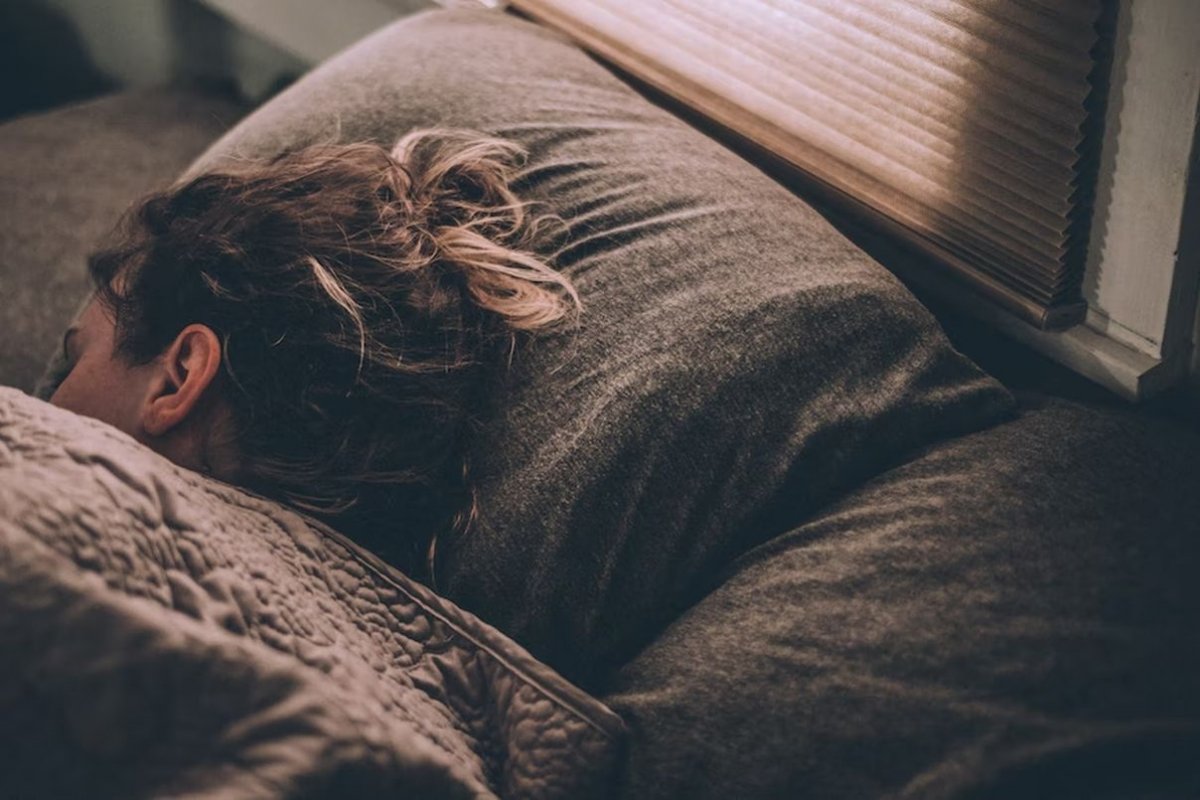
If a long sleep does not give a person a feeling of rest, this may signal health problems.
The body's need for sleep can be determined by individual characteristics and vary depending on age, the presence of diseases and stress, the level of physical activity. Experts generally recommend that students get about 9 hours of sleep a night, and teens between 8 and 10 hours. Adults need 7-8 hours of sleep.
“If you sleep more than nine hours a night and don't feel rested, it could mean a serious health problem,” said sleep researcher Michelle Drerup of the Cleveland Clinic's Sleep Disorders Center. disorders.
Mental disorders. Oversleeping is one of the characteristic symptoms of depression, it is observed in 15 percent of people with this disease.
Sleep disorders. b>Sleep apnea, in which repetitive pauses in breathing occur, is a common cause of oversleeping. People with narcolepsy, who tend to fall asleep suddenly, may also experience excessive daytime sleepiness and fragmented nighttime sleep.
An unbalanced diet. If the diet does not provide the body with the amount of B vitamins that the body needs, this also contributes increased sleepiness.
What can severe daytime sleepiness mean?
Other. The reason for a person's need for more sleep can be medication, as well as the abuse of psychoactive substances, including alcohol. why it's good to sleep on your left side.
Important! Information provided for reference only. Ask a specialist about contraindications and side effects and under no circumstances self-medicate. At the first sign of illness, consult a doctor.
